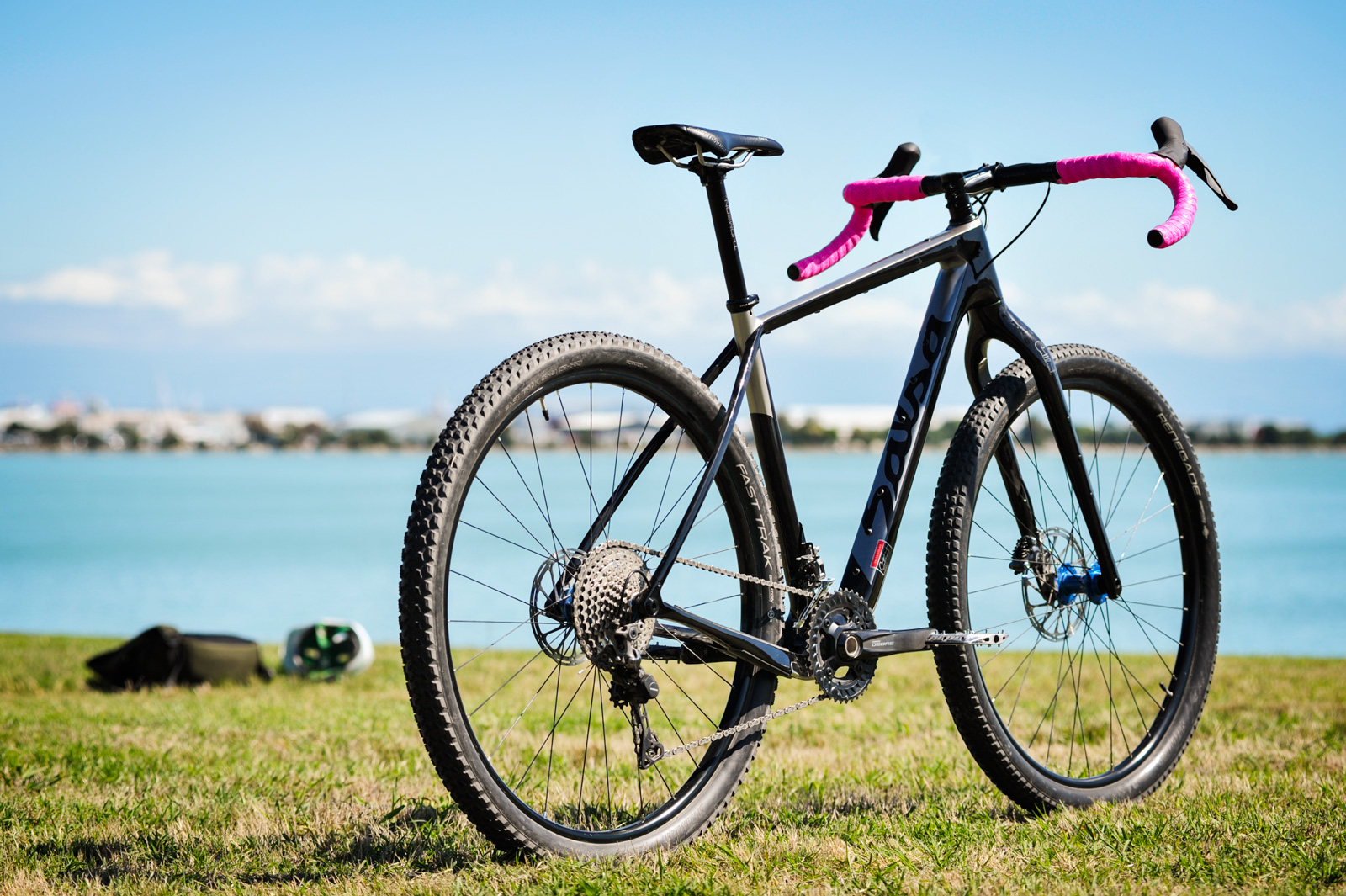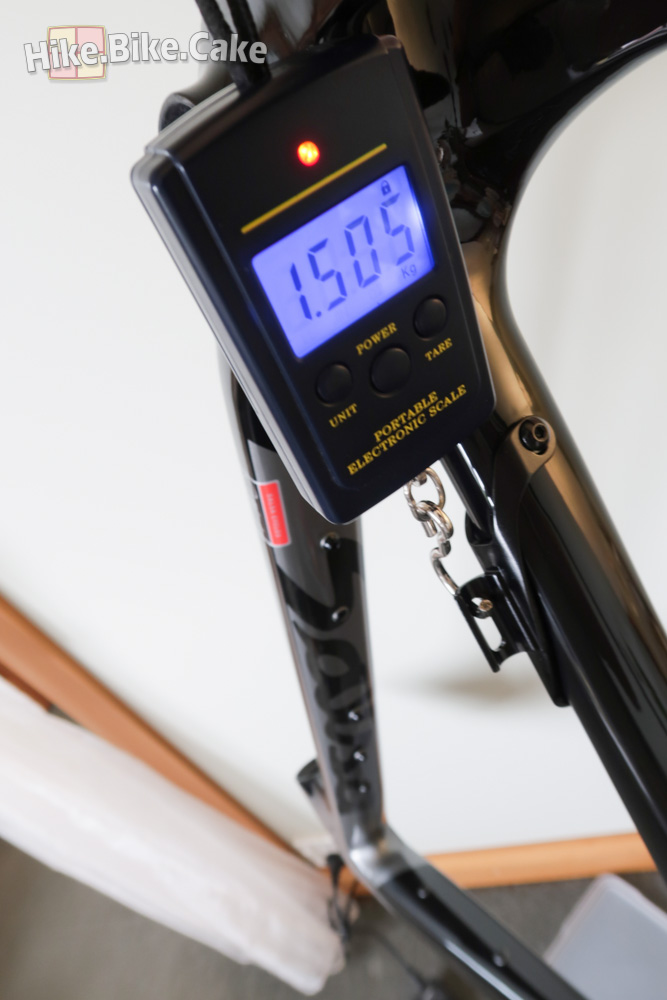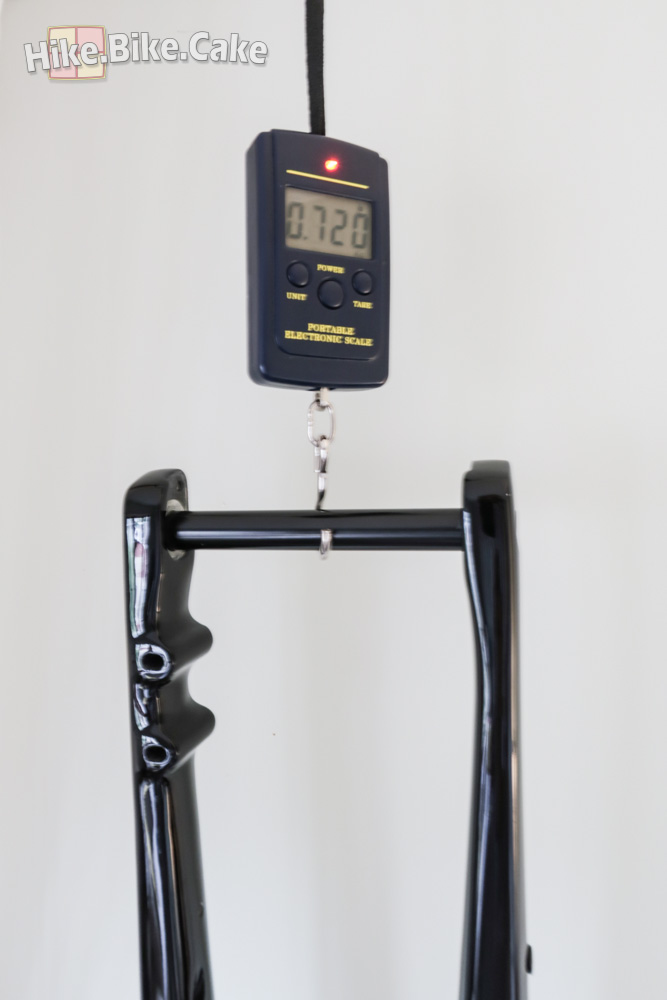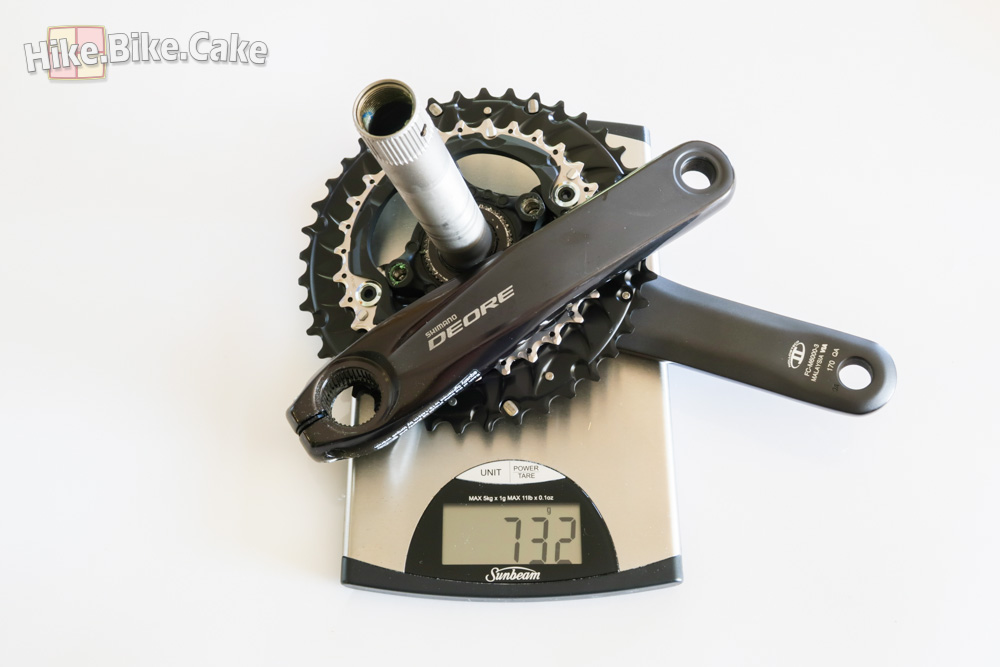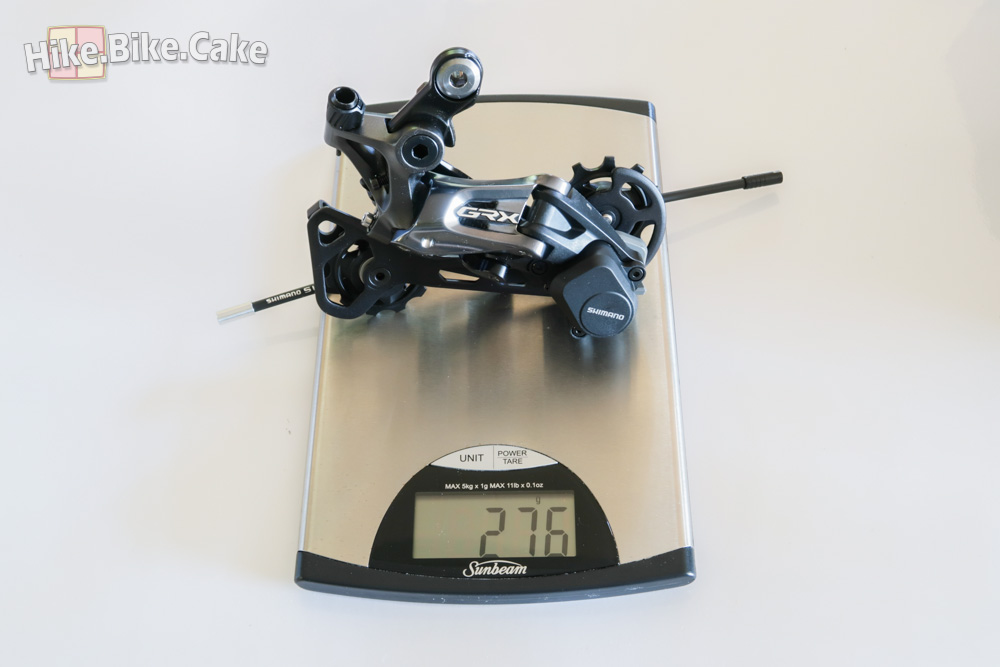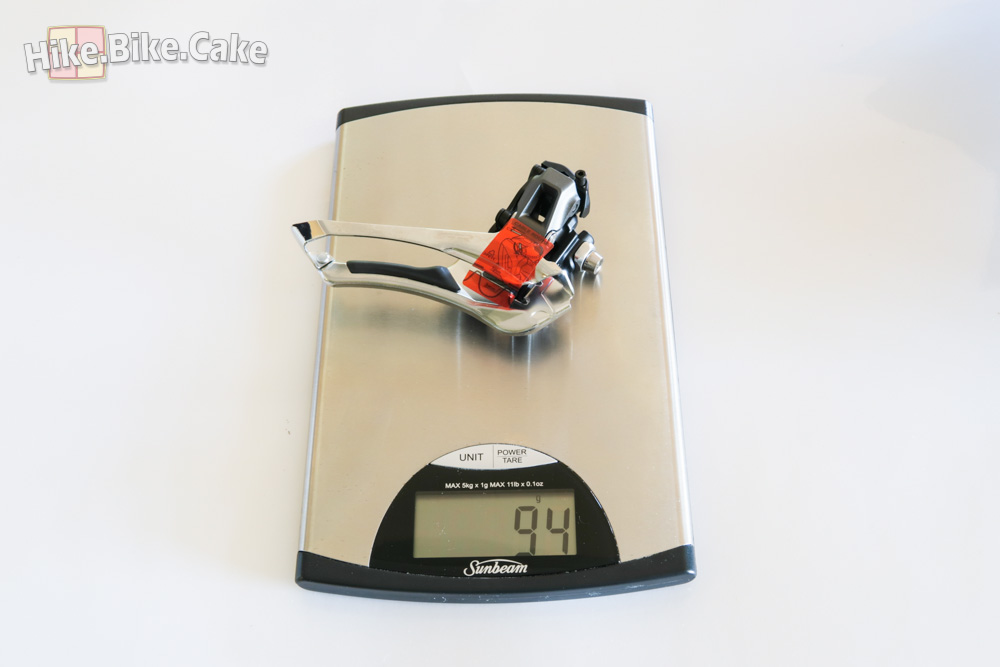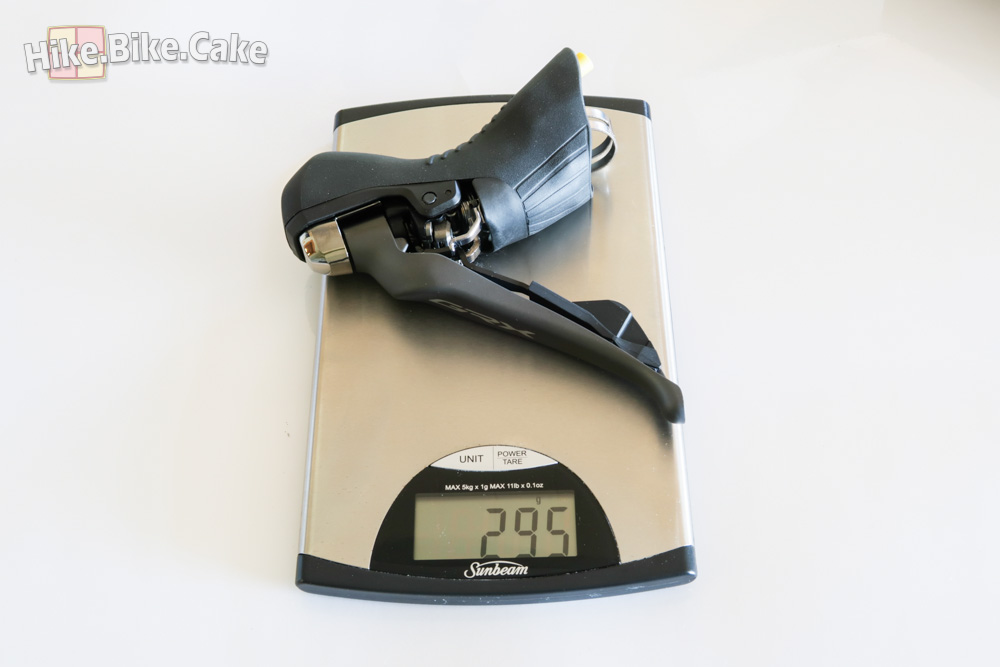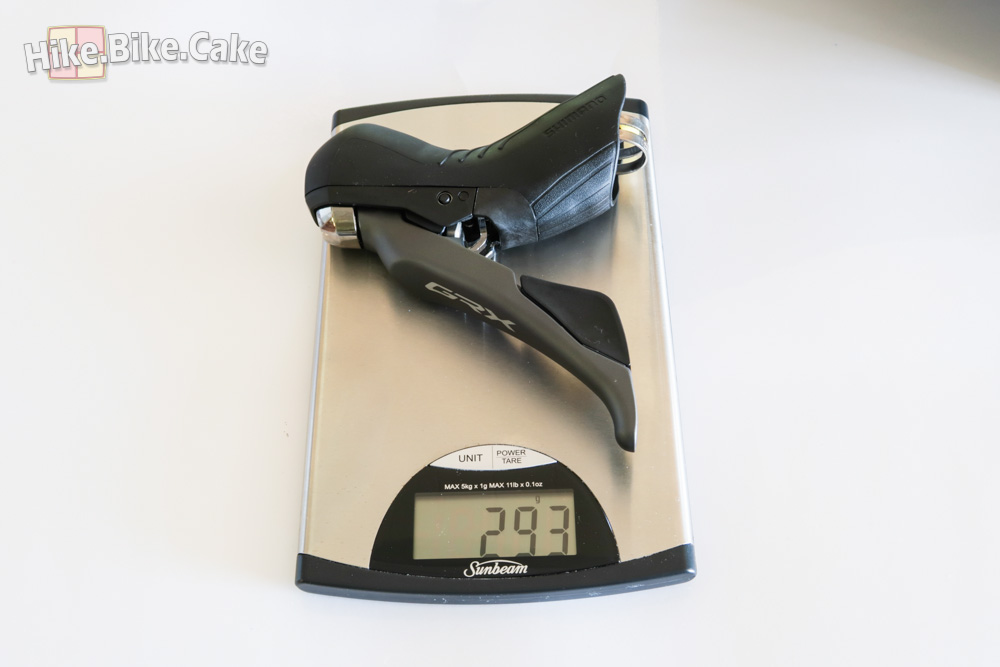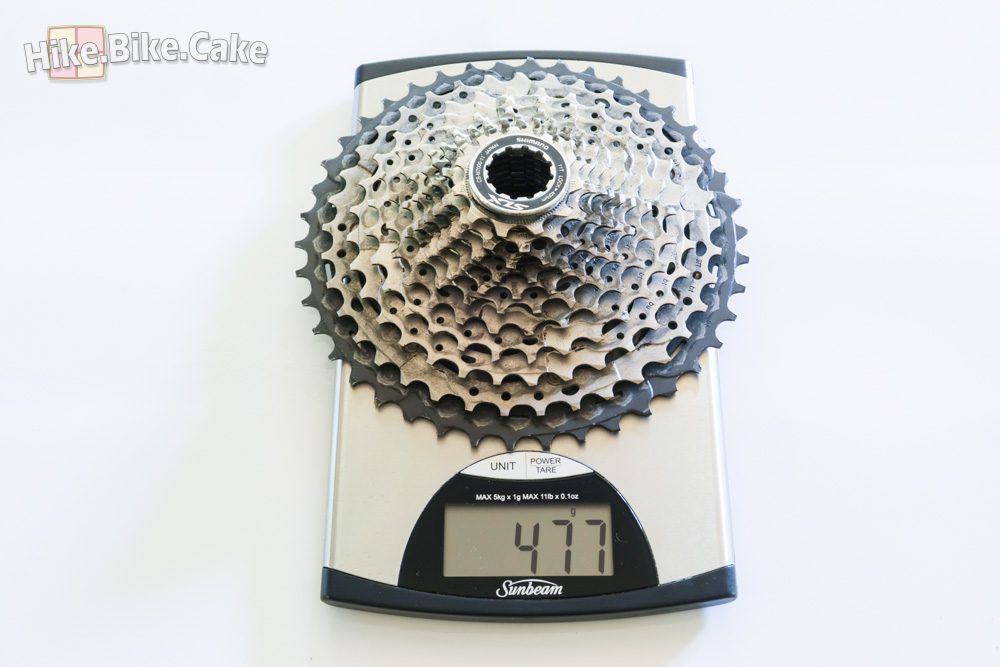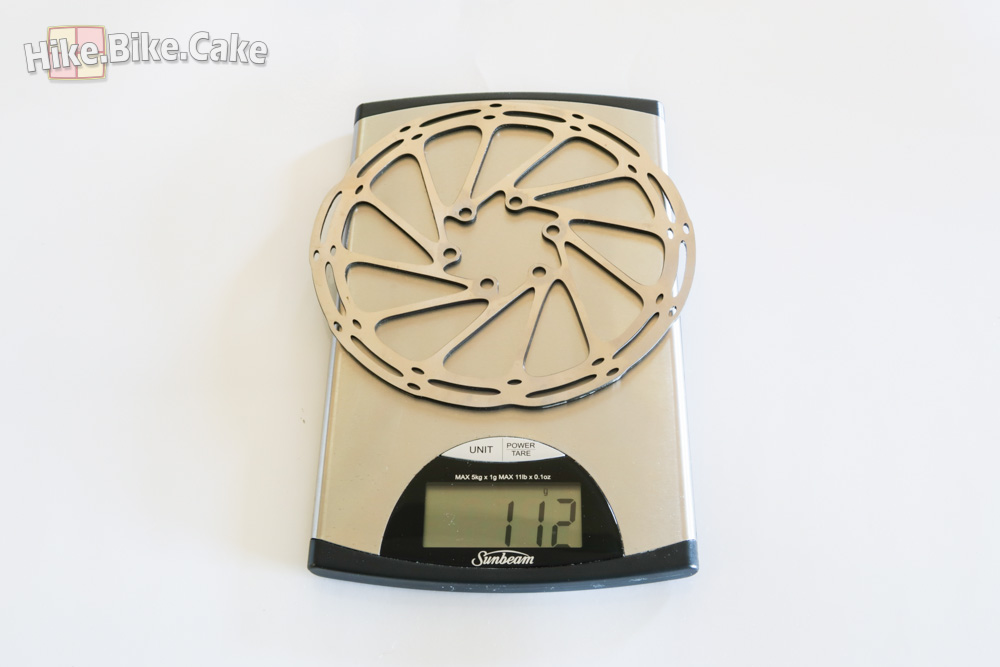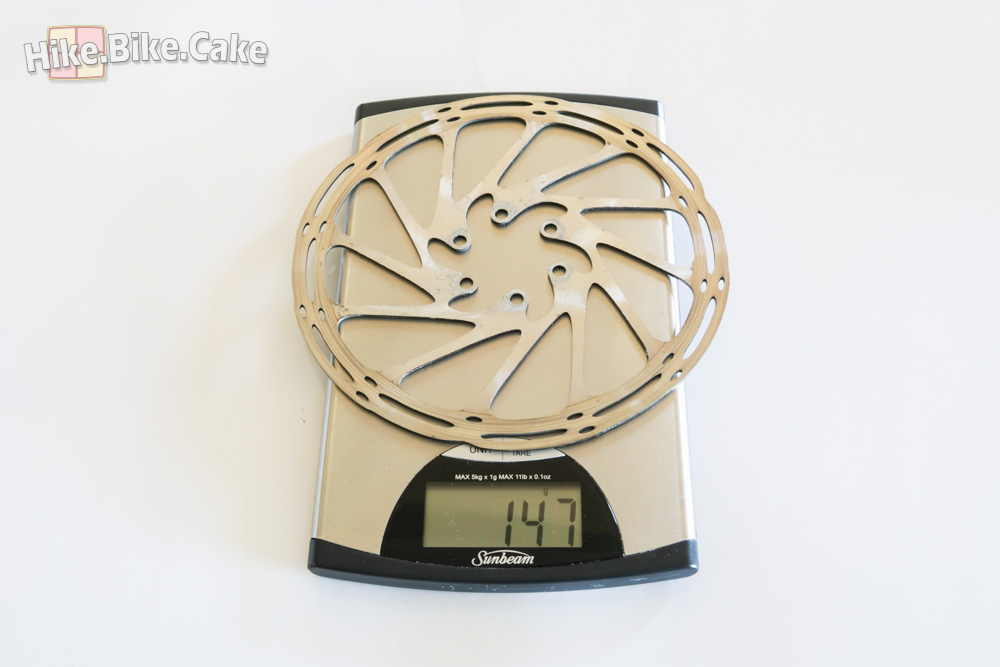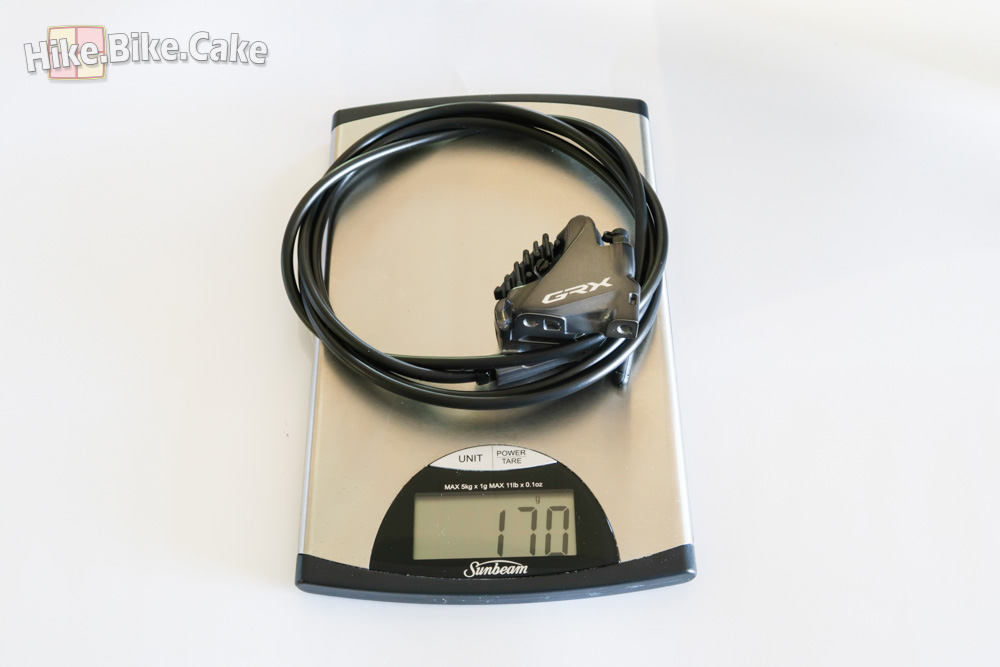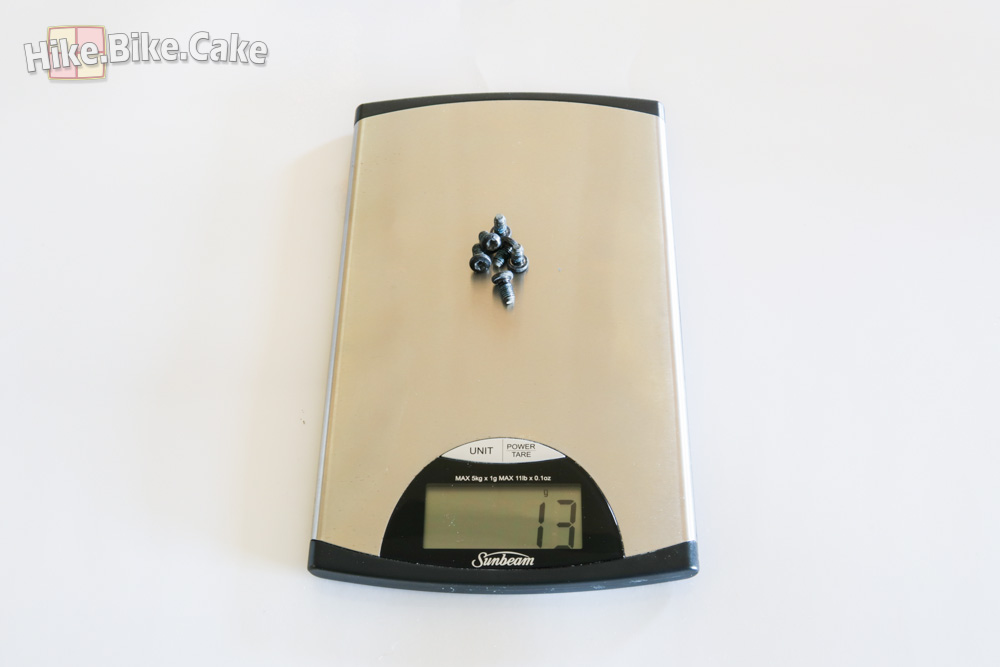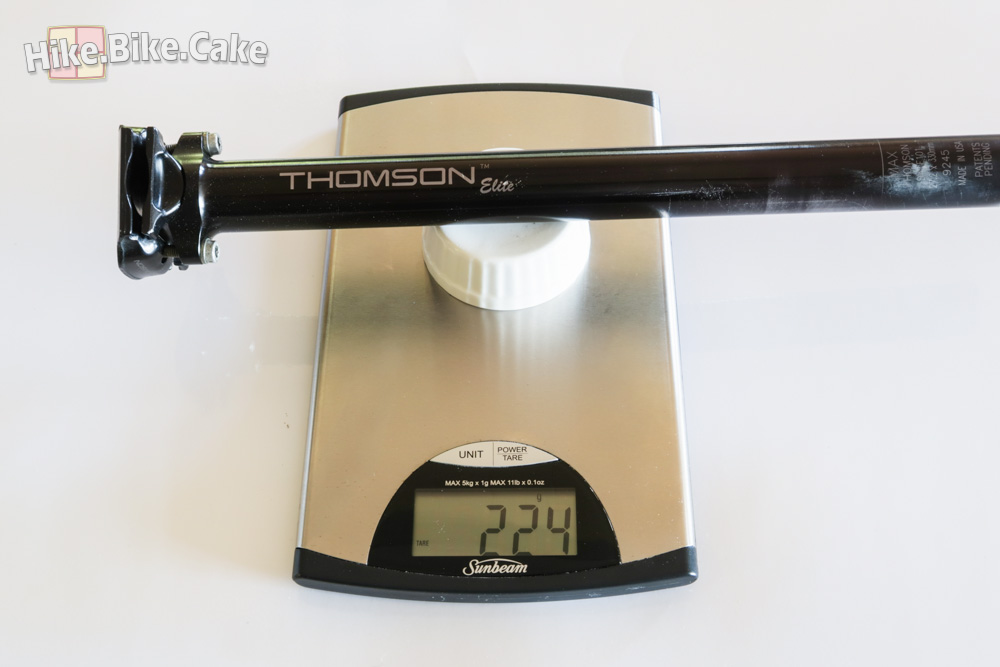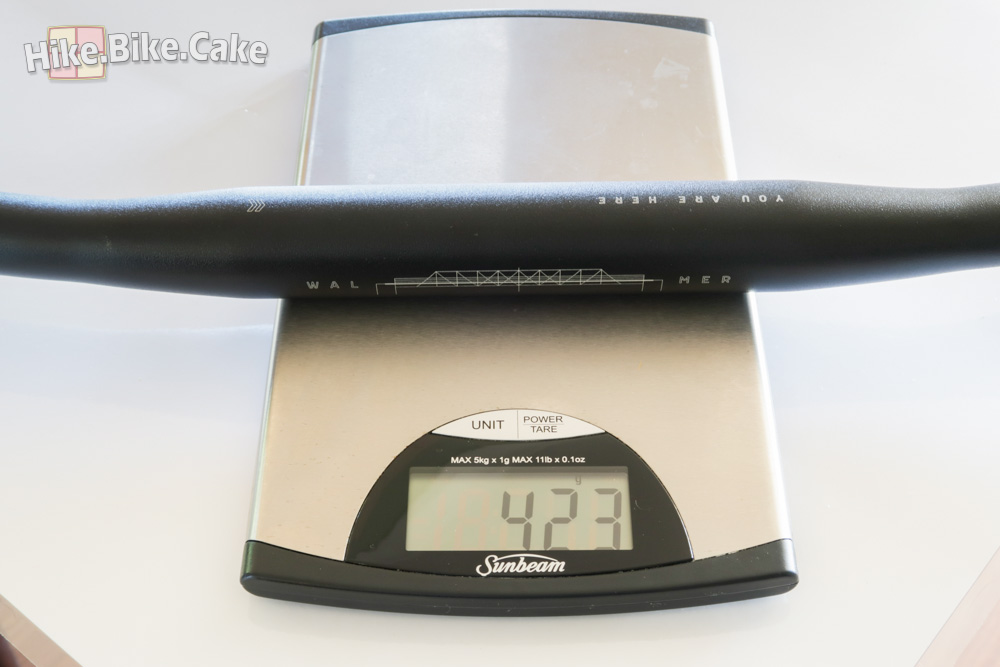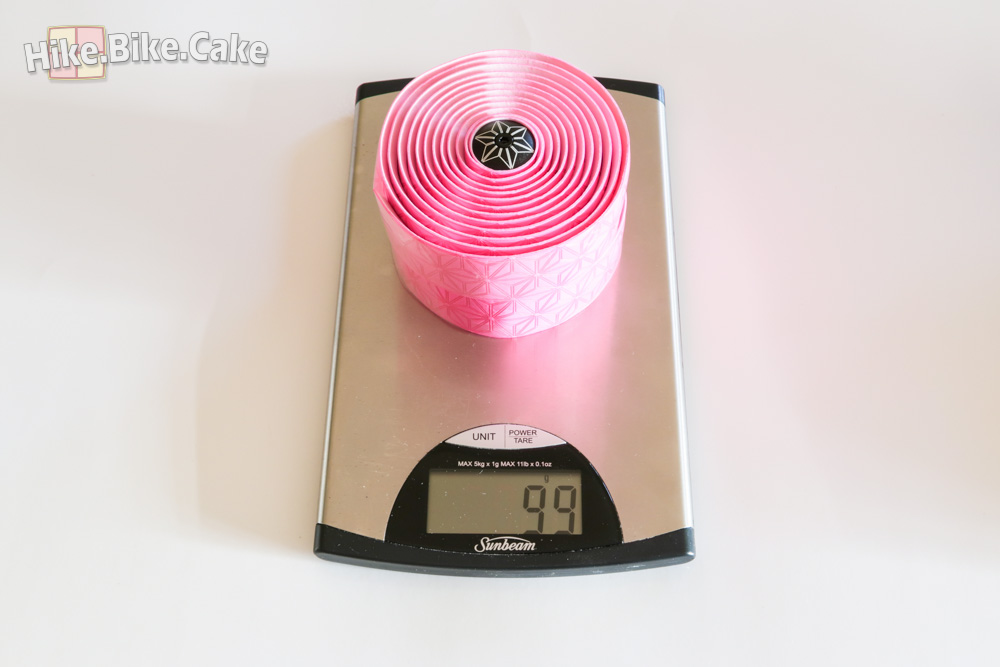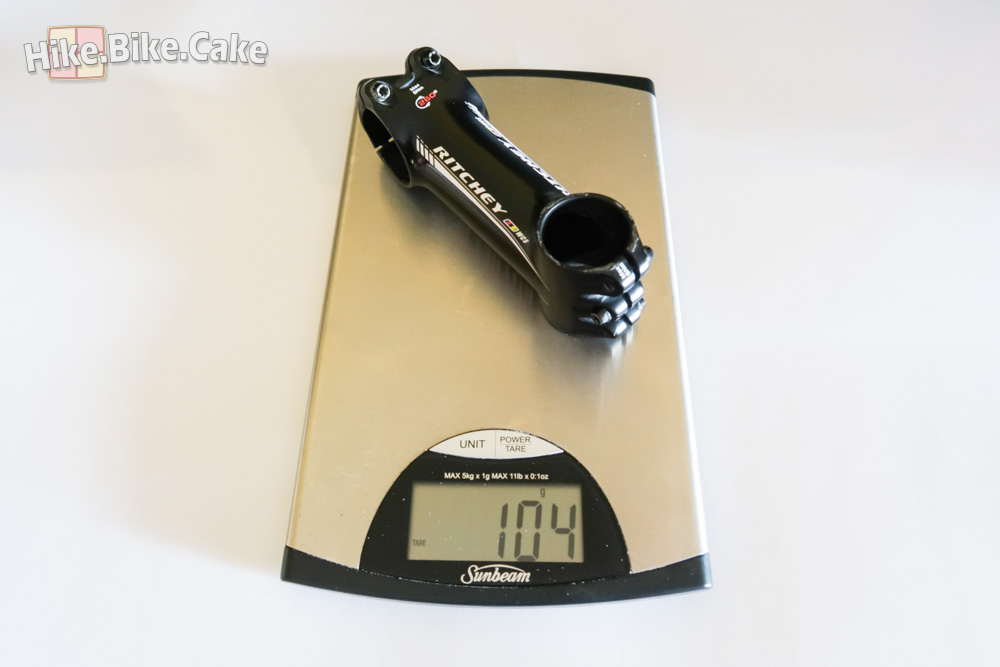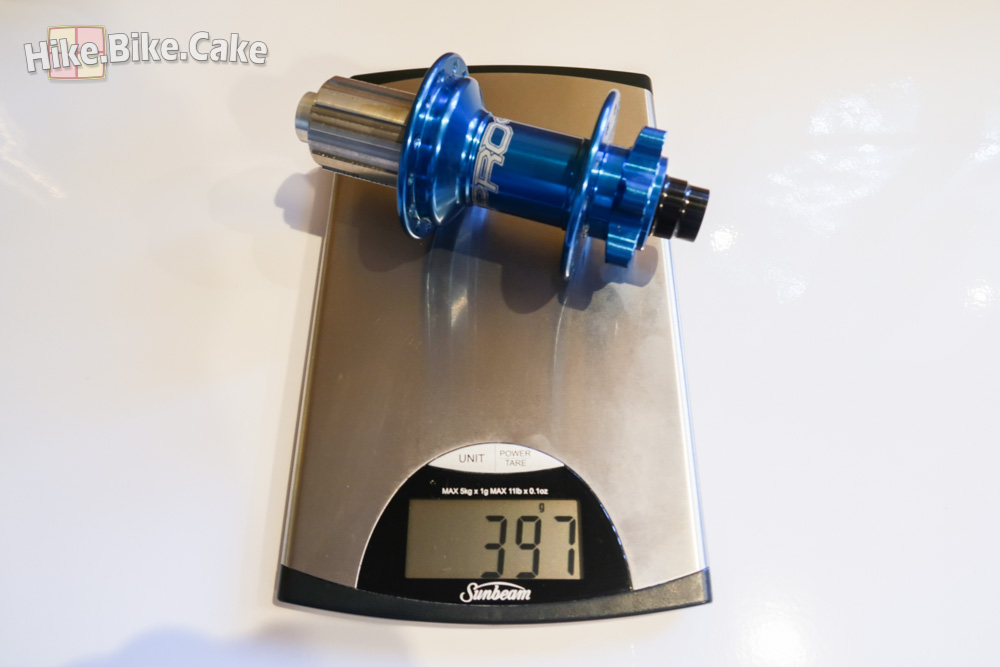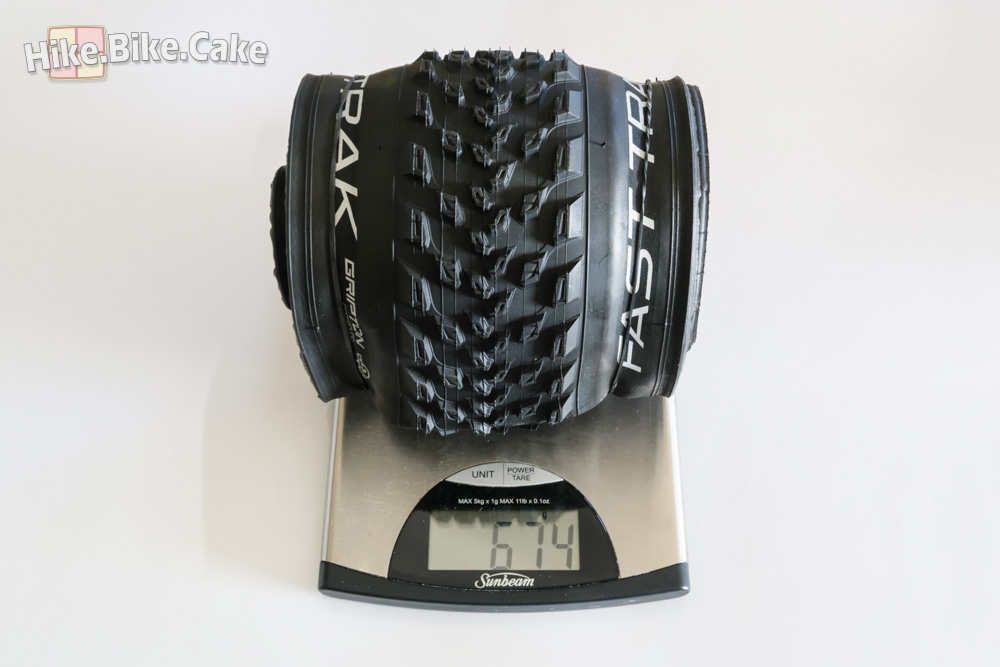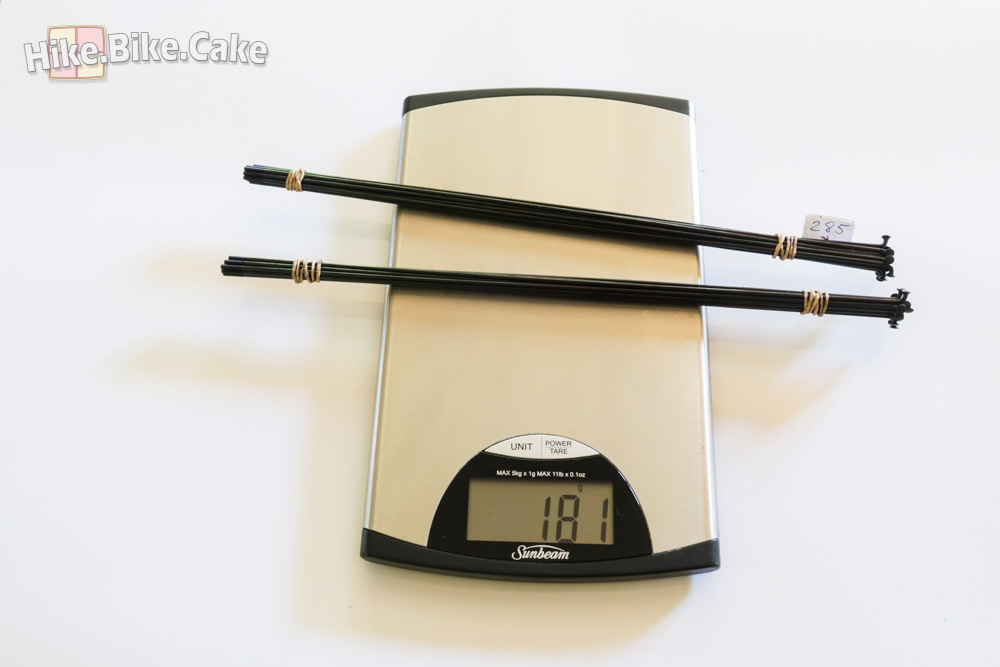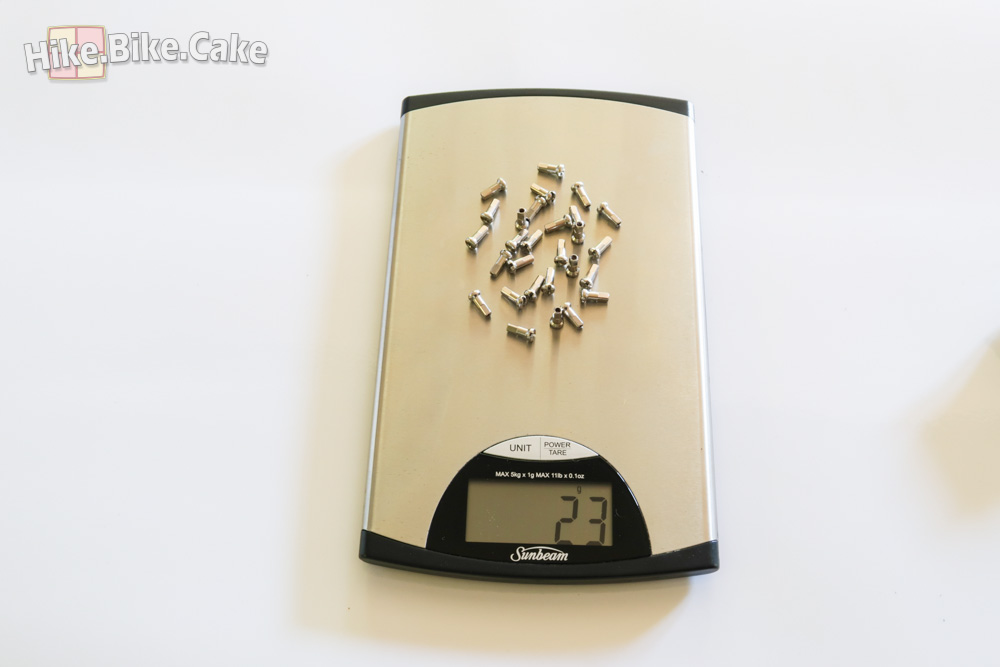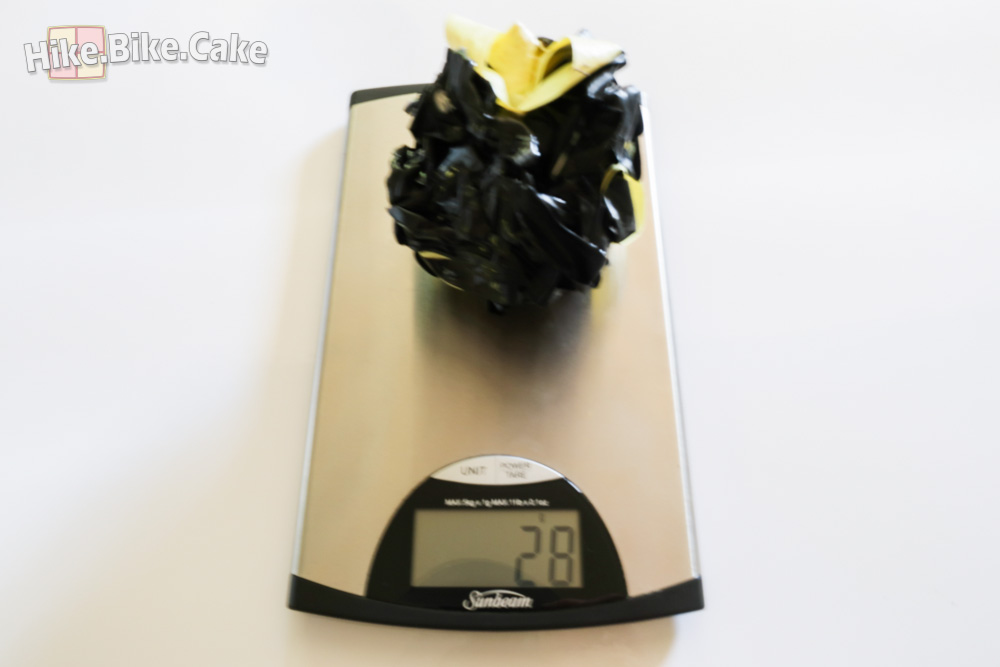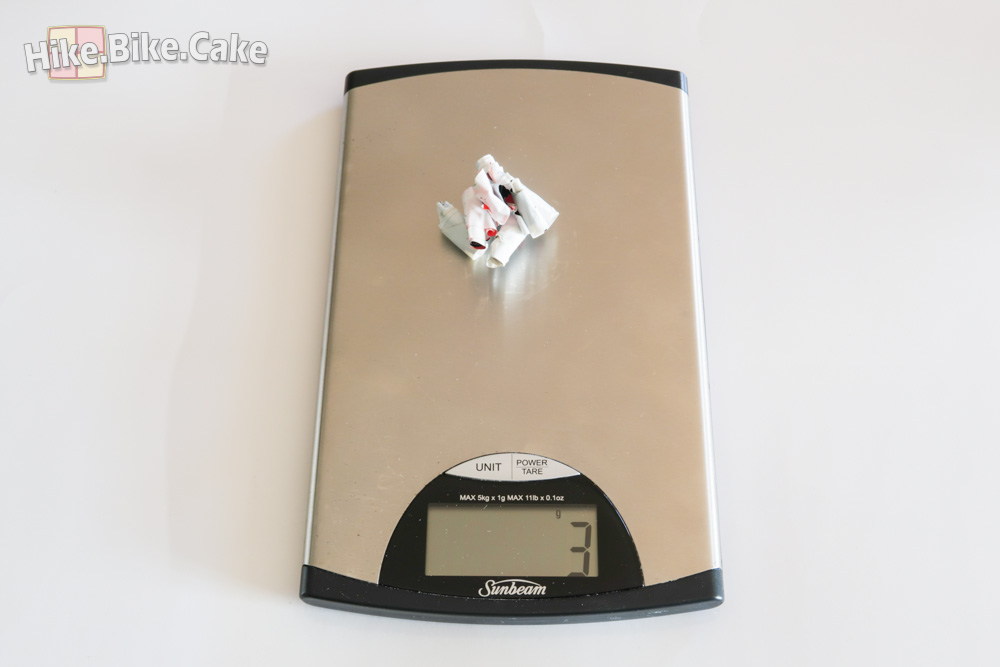Building a bike from the ground up is always an enjoyable process for any bike nerd, particularly closet weight-weenies like me. The Salsa Cutthroat build was no exception, but certainly wasn’t without its challenges.
With the variety of bike standards available today, just figuring out what will fit on the frame is a major part of the puzzle, long before any choices about pimp AF components and colours.
For the Salsa Cutthroat build I’d be using a mix of existing parts from the shed, Brand New and New-to-Me pre-loved parts sourced from the internets.
The release of the V2 Cutthroat coincided with some other interesting developments in bike-world. Shimano had released their dedicated GRX gravel groupset a few months before and various companies had finally cottoned on to the benefits of Wide drop-bars.
Salsa had also come up with their own mix-n-match combination of MTB and Road standards to create a ‘Road Boost’ drivetrain which is discussed in more detail here.
Salsa Cutthroat Frameset
Details below are for a 56cm frame. Salsa changed the sizing for the the V2 2020 version, but 56cm is pretty close to the V1 ‘Large’. I like 99spokes for comparing frame geometries and sizing.
The Cutthroat frameset come with the Cutthroat Carbon Deluxe V2 fork. The Deluxe fork has a carbon steerer and comes stock on the ‘810’ level builds. All other builds have an aluminium steerer. Uncut weight for the fork (including maxle) was 720g. I cut off 7cm which weighed 24g, (3.4g/cm).
Salsa ships an expander plug with the frameset (28g), but I’d already bought one which felt sturdier, albeit a little heavier.
| Item | Component | Mass (grams) |
|---|---|---|
| Frame | Salsa Cutthroat V2 56cm | 1505g |
| Rear Maxle | Salsa Deadbolt UL | 35g |
| Fork | Cutthroat Carbon deluxe V2 | 696g |
| Headset | Cane Creek 40 | 62g |
| Seat Collar | Salsa | 30g |
| Top Cap | Salsa | 9g |
| Expander plug | ITM | 67g |
Drivetrain
The V2 Cutthroat utilises a Road Boost design for the drivetrain; a mix ‘n’ match blend of MTB and Road standards.
The primary benefit of this design is the ability to run larger 2x chainrings with a MTB boost drivetrain. This enables faster travel on road and gravel, while maintaining the benefits of boost rear spacing like larger tyre clearance.
The design isn’t without its challenges however, primarily due to the lack of component choice suited to this combination of drivetrain standards. The build I settled on is covered in much more detail in the Drivetrain article, including a little hack specific to the Cutthroat design.
| Item | Component | Mass (grams) |
|---|---|---|
| Crankset | Shimano M6000-3 | 732g |
| Bottom Bracket | Shimano XT BB-MT800-PA | 68g |
| Cassette | Shimano SLX 11-42 | 477g |
| Front Derailleur | Shimano FD-RX810-F | 94g |
| Rear Derailleur | Shimano RD-RX812 | 276g |
| Chain | Shimano HG-701 – 114 links | 265g |
| Gadget | Wickwerks Fit-link | 18g |
| Left Brifter | Shimano GRX ST-RX810-L | 293g |
| Right Brifter | Shimano GRX ST-RX810-R | 295g |
Brakes
In keeping with modern road and gravel bikes, the V2 Cutthroat uses fancy flat-mount calipers. These are fractionally more aero and aesthetically pleasing. I went with the GRX RX810 Calipers to match the brifters, which have the added benefit of Servo Wave tech from MTB-world.
Unique to the Cutthroat is the ability to run a 180mm rotor on the fork. Most flat-mount designs are limited to either a 140mm or 160mm rotor, but the V2 cutthroat fork uses a slightly different design borrowed from flat-mount chainstays. Further details on the brake setup can be found here.
| Item | Component | Mass (grams) |
|---|---|---|
| Front Rotor | Sram Centreline 180mm | 147g |
| Rear Rotor | Sram Centreline 160mm | 112g |
| Rotor bolts x 12 | Common or Garden | 26g |
| Front Caliper | Shimano GRX BR-RX810 | 169g |
| Rear Caliper | Shimano GRX BR-RX810 | 170g |
Contact points
Some of the setup below is likely to change as I continue to meddle with the bike-fit. Unfortunately, the Coronavirus gravel ban put a halt to any long-distance riding soon after I finished the build but we’ll hopefully be back in the hills soon.
2020 saw several manufacturers release wide drop bars to the market. Wide-bars are a no-brainer to anyone from a MTB background although there are certainly limits to ‘wider-is-better’. I went with the Walmer bars from Curve in the 55cm width, their second widest. I’d actually be interested to try a 52cm bar at some point as my wrists are a little cocked outwards on the hoods and drops.
Going back to a 42cm bar on my CX bike feels sketchy AF so wide bars are definitely the way forward for drop-bar bikepacking in my opinion. The extra real-estate is a significant bonus, especially if you run clip-on aero bars which would normally cover up the whole straight section on a narrower drop bar.
Finding a comfortable saddle is also a constant battle. I’m persisting with a Brooks B17 Imperial although I still haven’t managed to break it in properly. I didn’t want to know how much it weighs, but caved in..urrgh.
Flat Pedals FTW.
| Item | Component | Mass (grams) |
|---|---|---|
| Seatpost | Thomson Elite 27.2 x 330mm | 226g |
| Handlebar | Curve Walmer 55cm | 423g |
| Stem | Ritchey WCS C260 90mm | 104g |
| Saddle | Brooks B17 Imperial | 520g |
| Bar Tape | Supacaz sticky | 99g |
| Headset Spacers | BBB: 100mm total | 40g |
| Pedals | Hope F20 | 390g |
Wheels & Tyres
I already had all the bits and bobs for a decent set of wheels: Hope hubs (Steel freehub) with Stans Crest Mk3 rims, DT Swiss spokes and brass nipples.
I’ve used Specialized tyres for the last few years without any issues; decent tread, reliability and weight plus they’re about half the price of Maxxis, Schwalbe etc.
Weightweenie tip of the day: Removing the decals from your rims saves 3 grams of rotational weight. This saves you about 1.9 Watts when accelerating from 20 to 30mph over a period of 10 seconds. #maths.
| Item | Component | Mass (grams) |
|---|---|---|
| Front Wheel 15 x 110 | Hope Pro4 / Stans Crest | 855g |
| Rear Wheel 12 x 148 | Hope Pro4 / Stans Crest | 978g |
| Front Tyre | Specialized Renegade 2.3 | 630g |
| Rear Tyre | Specialized Fast Trak 2.1 | 674g |
| Tape & Valve | DT Swiss / Stans | 38g (x 2 = 76g) |
| Sealant | Stans | 100g |
Salsa Cutthroat Weight: Conclusion
Total weight without pedals is 10.3kg / 22.66lb. That’s with a lighter saddle though (Prologo: 210g) so it’s probably around 11kg with the Brooks B17 and the Pedals.
Hardly a Weightweenie build but a good mix of reliability, comfort and cost.

